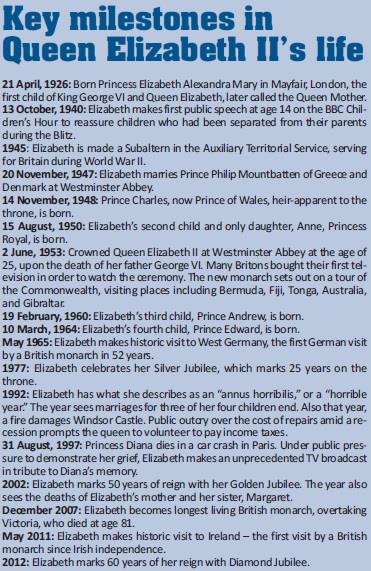Sometime after 5.30pm today, Queen Elizabeth II will become the longest-reigning monarch in British history. Queen Elizabeth will surpass Queen Victoria’s record of 63 years, seven months and two days.
Queen Elizabeth has visited the Maltese Islands on a number of occasions, the first being in 1949 while her father was still king, and she was newly married to the Duke of Edinburgh, Prince Philip. During her time in Malta she enjoyed a relatively normal life with Prince Philip, who was posted to the island as part of the Mediterranean fleet. The couple lived here on and off for two years, between 1949 and 1951, just a short time before her coronation which took place on 2 June 1953.
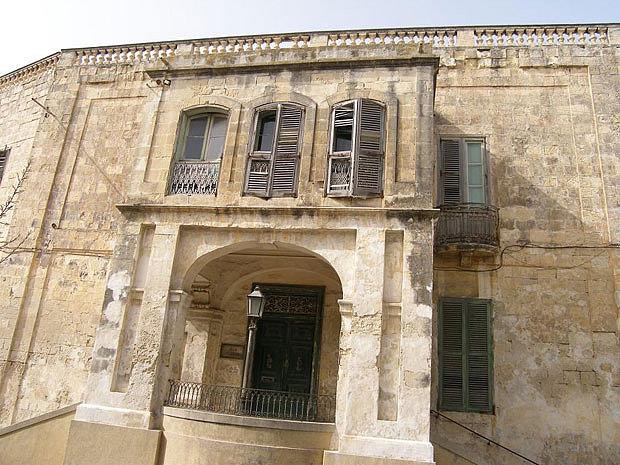
(The Queen and Prince Philip lived in Villa Guardamangia between 1949 and 1951.)
And she will be here again in November, when she will preside over the Commonwealth Heads of Government ,meeting to be held in Malta.
The Malta Independent has been in touch with retired Brigadier Claude M. Gaffiero. During Queen Elizabeth’s state visit to Malta in 1967, Brigadier Gaffiero was about to take on the appointment of aide-de-camp, referring to personal advisor to the head of state, which at the time was Queen Elizabeth herself. Brigadier Gaffiero recalls speaking with the Queen during her state visit, stating that it was a “great honour”, adding that “she was always delightful”. He had the honour of receiving a gift from Her Majesty the Queen, saying that it was a “great privilege” to be on her staff. He received a signed photograph of her, as well as a pair of cuff links showing her monogram. Due to his military ranking, Brigadier has the honour of meeting several members of the royal family on their various visits to Malta.
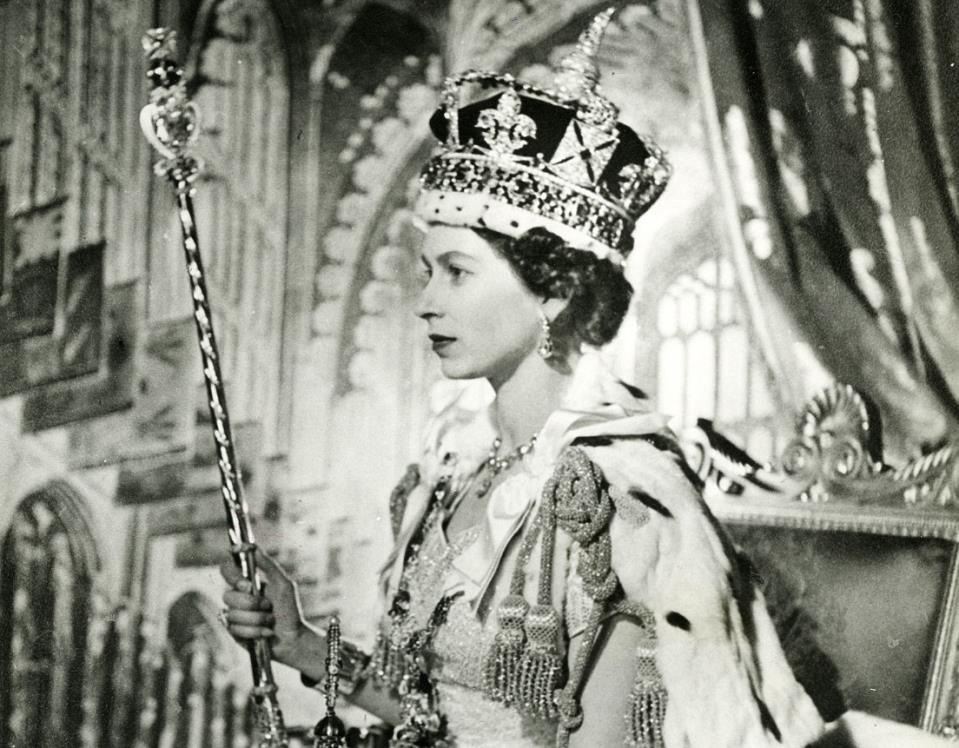
After becoming Queen and Head of Commonwealth in 1953, Her Royal Highness toured the Commonwealth of Nations and their territories, including a number of visits to Malta.
Queen Elizabeth’s last visit to the island took place in November 2007, when she and Prince Philip travelled here to celebrate their 60th wedding anniversary. The couple’s visit only lasted one day, as they stopped over on their way to Kampala, Uganda, where Chogm 2007 was held.
The Queen’s ‘deep affection’ for Malta
During her visit to Malta ten years ago, for CHOGM 2005, she praised the “outgoing, generous Maltese people who have always offered us the hand of friendship”, according to an article published by The Telegraph.
In this article, it was also reported that the Queen has been outspoken in the past of her “deep affection” for Malta.
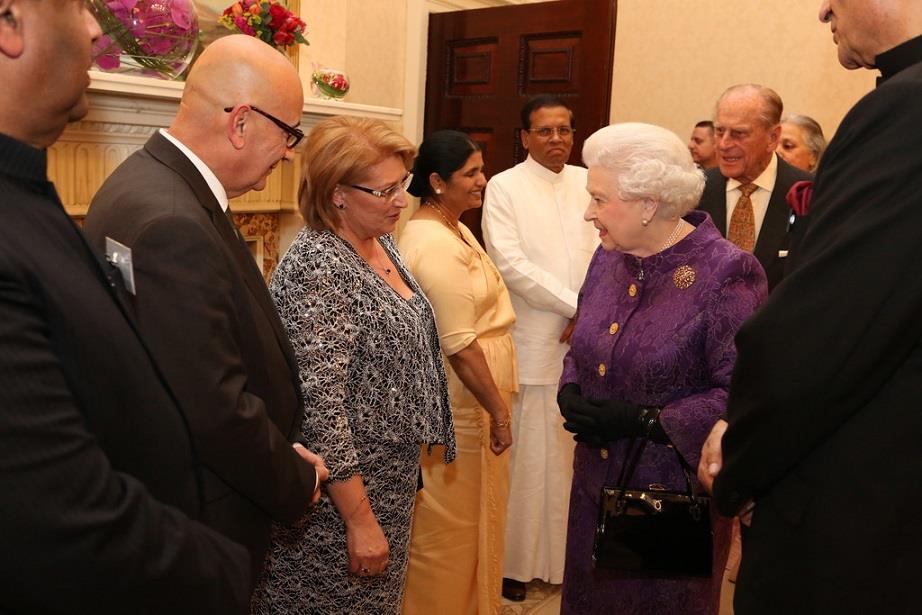
This newsroom has turned to Professor Henry Frendo for comment, who has been a professor of modern history at the University of Malta since 1992, as well as Director of the Institute for Maltese Studies. According to Professor Frendo, Queen Elizabeth has a “personal relationship” with Malta as well as a “soft spot”, due to the time she spent residing here with the Duke of Edinburgh.
Malta retained the Queen as head of state after its independence in 1964. It became a republic within the Commonwealth ten years later in 1974, where Governor-general Sir Anthony Mamo became the first Maltese President and Head of State.
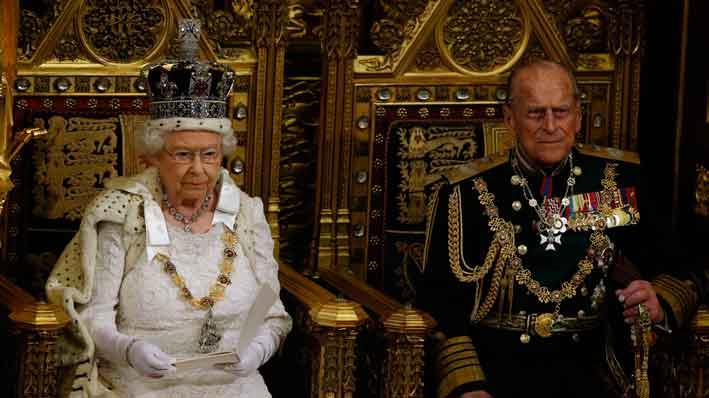
Although Malta became a republic in 1974, ties between British monarchy remained positive and stable. This was highlighted with the visit made by the Duke of Cambridge, who travelled to Malta last year to celebrate the 50th anniversary of its independence.
The significance of the British Monarchy today
Turning to the significance of the British monarchy in this day and age, Professor Frendo stated that many monarchies around the world have ceased to exist, there has been a global trend towards republicanism for some time now. He went on to say that Queen Elizabeth has presided over the decline of the empire, over the string of decolonisation in the 50s and 60s, all the while retaining a certain role of respect and that of a symbolic figure.
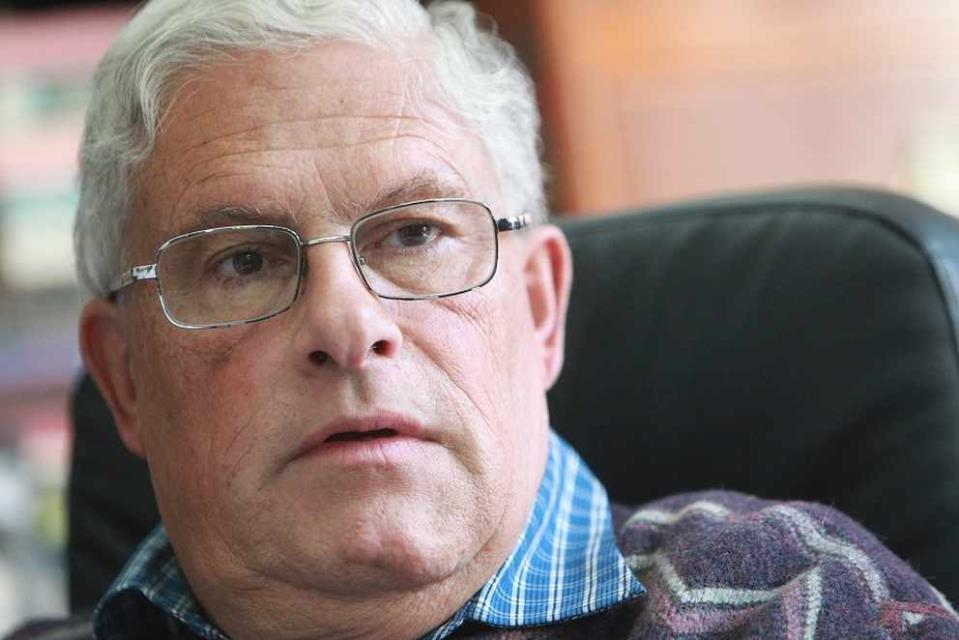
Professor Frendo states that she has kept her place, in accordance with past treaties, in a dignified manner. She has not interfered in areas where she does not have the authority to, such as political matters. He goes on to highlight turbulent moments during Her Royal Highness’ reign, such as the transition of to majority rule in Zimbabwe, which was a result of the Lancaster House Agreement, offering a constitution which was sound. This constitution was “thwarted beyond recognition” according to Professor Frendo, which was unacceptable due to the fact that Zimbabwe forms part of the Commonwealth of nations, whose ideals are not compatible with undemocratic practices.
Malta will be hosting Chogm for the second time in a decade, which is a record for Commonwealth nations as this has never happened before. Turning to the significance of the Queen coming to Malta for Chogm, Professor Frendo stated that this shows how Malta has managed to maintain good relations with Britain in particular, and that it continues to respect her membership in the Commonwealth. He outlined that Malta is one of the only ex British colonies to retain a parliamentary democracy, making it one of the more successful countries of the Commonwealth nations.
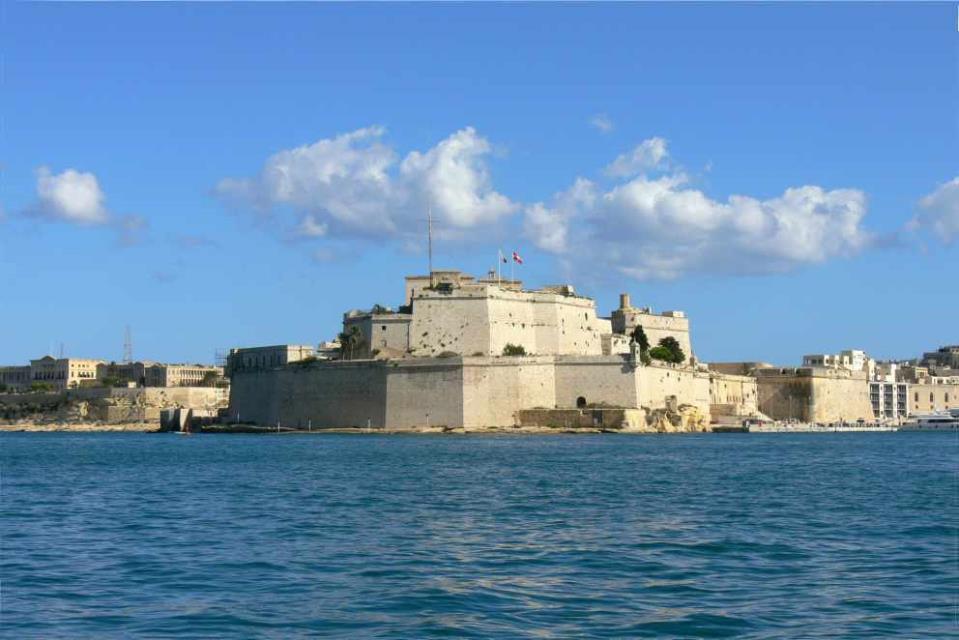
(CHOGM 2015 will be held in Fort St Angelo in Vittoriosa.)
On the subject of who will be the Queen’s successor, Professor Frendo stated that by normal standards it would be Prince Charles, however due to the fact that he is in his late 60s, and due to the Queen breaking this record, he hypothesises that Queen Elizabeth might not abdicate her powers and will end her reign when she passes away.
The longest reigning monarch in the world’s history is King Sobhuza II of Swaziland. King Sobhuza’s reign began on 10th December 1899 and ended on 21st August 1982, lasting 82 years and 254 days.
